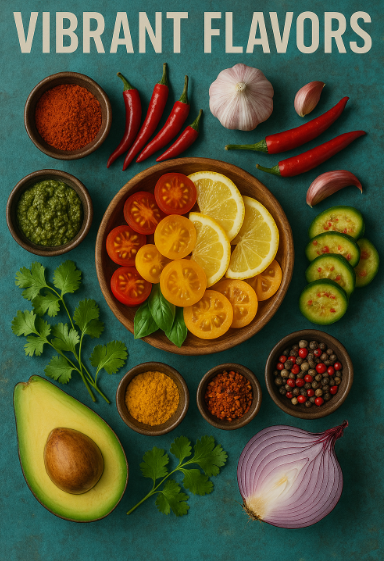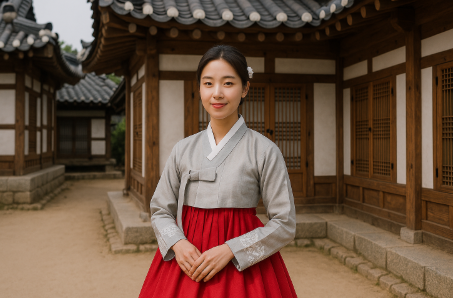Exploring Korean Traditional Music: The Enchanting World of Gugak
Korean traditional music, or Gugak, is a profound emblem of Korea’s rich cultural heritage. This unique art form encompasses a variety of genres, instruments, and performance styles, offering a window into Korea’s historical and cultural dynamics. In this article, we’ll delve into the enchanting world of Korean traditional music, exploring its diverse elements and significance.
Understanding the Basics of Gugak
Gugak, which means “national music,” is Korea’s traditional music that has been passed down through generations. It includes both court and folk music styles, representing different aspects of Korean life and culture. Court music, such as Jongmyo Jeryeak, is sophisticated and ceremonial, often played during royal rituals. On the other hand, folk music reflects the lives and emotions of common people, with lively rhythms and melodies. Gugak emphasizes the concept of heterophony, where variations of a single melodic line are played simultaneously, creating a unique and harmonious soundscape.
The Instruments of Gugak
Korean traditional music is performed using a variety of indigenous instruments, each with its own distinctive sound. Key string instruments include the Gayageum and Geomungo, both zither-like with different playing techniques. The Piri and Danso are well-known wind instruments that produce melodic tunes complementing vocal performances. Percussion instruments like the Janggu and Buk underpin the rhythm, adding dynamic depth to performances. Each instrument contributes to creating the rich tapestry of Gugak, defining its characteristic sound.
| Instrument | Type | Characteristic |
|---|---|---|
| Gayageum | String | Mellow tones, finger-plucked |
| Geomungo | String | Deep, resonant sound |
| Piri | Wind | Rich, reedy sound |
| Janggu | Percussion | Hourglass-shaped drum, dynamic rhythm |
Genres and Styles within Gugak
Gugak encompasses a wide array of genres, each with its unique style and historical context. Pansori is a form of musical storytelling performed by a vocalist and a drummer, known for its expressive singing and dynamic interplay. Nongak, or farmer’s music, involves vibrant performances that include dancing and acrobatics, traditionally performed in farming villages. The Gukak Orchestras preserve these traditional sounds while incorporating modern elements, creating a bridge between the past and present.
The Role of Gugak in Korean Culture
Gugak is more than just music; it is an integral pillar of Korean culture. It embodies the spirit, emotions, and philosophies of the Korean people, serving as a means of communal expression and historical continuity. Historically, Gugak accompanied various cultural rites and celebrations, fostering unity and collective identity. Even today, Gugak plays a crucial role in national ceremonies and festivals, symbolizing Korea’s enduring cultural legacy and serving as an inspiration for contemporary music artists.
Preservation and Global Influence of Gugak
Efforts to preserve and globalize Gugak have been substantial, fueled by both governmental initiatives and cultural institutions. The National Gugak Center plays a pivotal role in education, preservation, and the performance of Korean traditional music. Modern artists integrate Gugak elements into fusion genres, reaching global audiences and showcasing the adaptability of this ancient art form. Through these endeavors, Gugak continues to thrive, raising appreciation for Korean culture worldwide.
FAQ
What is Gugak?
Gugak is the traditional music of Korea, encompassing various genres like court music and folk music, each with distinct styles and cultural significance.
What instruments are used in Gugak?
Instruments such as the Gayageum, Geomungo, Piri, and Janggu are commonly used in Gugak, each contributing unique sounds to the music.
How is Gugak being preserved?
Gugak is preserved through institutions like the National Gugak Center and modern integration into contemporary music, helping spread its influence globally.
Summary
✅ Gugak is Korean traditional music, including court and folk music styles.
✅ Instruments like the Gayageum and Janggu define its sound.
✅ Pansori and Nongak are prominent genres within Gugak.
✅ Gugak is integral to Korean cultural identity and history.
✅ Preservation efforts ensure its global appeal and influence.
#KoreanMusic #Gugak #TraditionalMusic #Gayageum #Geomungo #Pansori #Nongak #KoreanCulture #KoreanHeritage #MusicPreservation #KoreanInstruments #Koreansound #CulturalMusic #KoreanTradition #MusicFestival #CulturalHeritage #NationalGugakCenter #FusionMusic #KoreanFolkMusic #CulturalIdentity #KoreanHistory #CulturalExpression #MusicStorytelling #TraditionalInstruments #KoreanFestivals #MusicEvolution #CulturalContinuity #GlobalMusic #MusicTradition #MusicalHeritage

